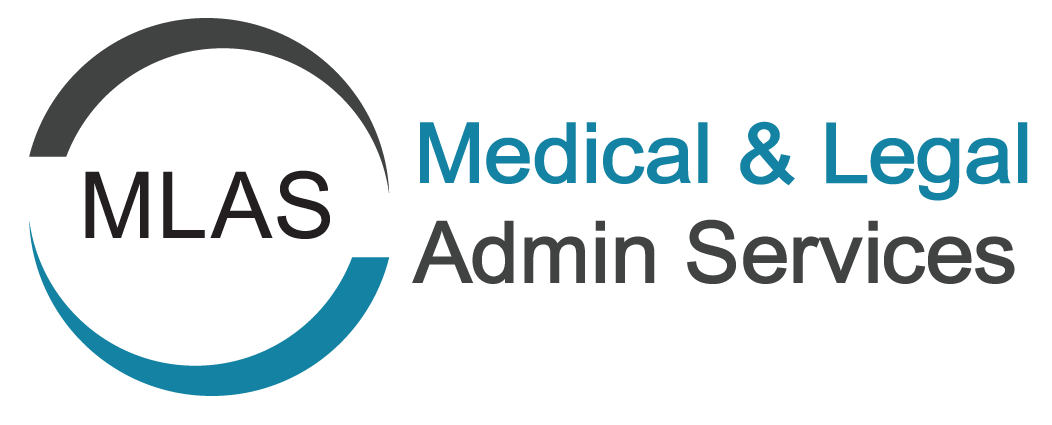The British Psychological Society (BPS) and the Family Justice Council (FJC) have recently released new guidance on the standards, competencies, and expectations around psychologists as Expert Witnesses in the family courts.
Recognising the need for clarity and regulation, the BPS and FJC have released comprehensive guidance aimed at addressing the misuse of professional titles. The newly released guidance seeks to establish a framework that promotes transparency amongst psychologists acting as Expert Witnesses.
Let’s take a moment to delve into the role of psychologists in family legal proceedings, the key changes outlined in the guidance, and the significance of these developments for psychologists involved in court proceedings.
What does Family law encompass?
Family law encompasses a wide range of issues such as divorce, child custody, and other familial concerns. Within this field, Expert Witnesses from various specialisations, including psychology, psychiatry, paediatric medicine and finance, can offer their expertise to the court. By presenting compelling evidence, these experts assist in facilitating informed decision-making and aid in the resolution of family law disputes.
What role can Psychologists play in Family Cases?
In some family law cases, an expert Psychologist may be instructed when their knowledge is necessary to make decisions in the case.
Psychology Expert Witnesses can help bring clarity to a diverse range of issues that can arise in family court proceedings. A psychologist’s evidence may be necessary to evaluate single or multiple issues including (but not limited to):
- Mental health
- Behavioural and emotional functioning
- Intellectual functioning
- Mental capacity
- Neuropsychological functioning (e.g. memory, attention, executive functioning)
- Psychological impact of trauma and/or abuse
- Attachment styles and interpersonal relationships
In conducting psychological assessments, psychologists consider various contextual factors that may influence the situation. These factors can include socio-economic deprivation, separation and divorce, social isolation, child protection concerns, domestic violence, and diverse cultural, religious, and ethnic backgrounds.
What are the changes in guidance?
The guidance makes clear that “only HCPC Registered psychologists have the relevant clinical experience and training to conduct psychological assessments of people and make clinical diagnoses and recommendations for treatment or interventions, whereas, academic psychologist, who should be Chartered, but who are not registered with the HCPC, would not normally have the clinical experience and training in order to complete psychological assessments or make clinical diagnoses.”[Section 5.3]
HCPCP registered practitioners hold protected titles such as ‘Clinical Psychologist’ or ‘Educational Psychologist’. Chartered psychologists may use descriptive titles to indicate areas of expertise, but these titles are self-determined and not verified by the BPS.
In every case, the court should identify whether a proposed expert is HCPC registered. Where the expert is un-registered, it is for the court to indicate in a short judgment why it is, nevertheless, appropriate to instruct them. (Re C (‘Parental Alienation’) [2023] EWHC 345 (Fam).)
Courts should therefore anticipate that psychologists involved in family proceedings within the UK are subject to regulation by the HCPC (in the case of practitioners) and/or hold Chartered membership with the BPS if they are academic psychologists. [Section 3.9]
What does this mean for psychologists acting as Expert Witnesses?
The responsibility lies with the expert to be transparent about their qualifications and registration. The guidance emphasises that only HCPC-registered psychologists possess the necessary clinical experience and training to conduct psychological assessments, make diagnoses, and provide treatment recommendations. Academic psychologists who are not registered with the HCPC typically lack the clinical experience and training for such tasks.
Psychologists who are not HCPC registered should make it clear when accepting instruction, as should those who are not Chartered Members of the BPS.
Psychologists must ensure that they are competent to offer expert opinions. Indications of competence may include relevant qualifications, years of post-doctoral experience, academic and professional publications, demonstrations of expertise, and current experience in the specific area.
The guidance also outlines the information that should be included in a psychologist’s expert witness CV. This includes the psychologist’s code of conduct, regulatory/professional body affiliations, current registration details, and verification methods. The CV should provide details of qualifications, experience, professional memberships, academic publications, and post-qualification specialisations.
Choosing quality expert witnesses.
The presence of an Expert Witness can offer valuable perspectives to any case. Our Expert Witness Community consists of several exceptional clinical psychologists who possess extensive qualifications.
If you would like any more information about our experts, or would like to instruct them, please get in touch with our Enquiries Team.

